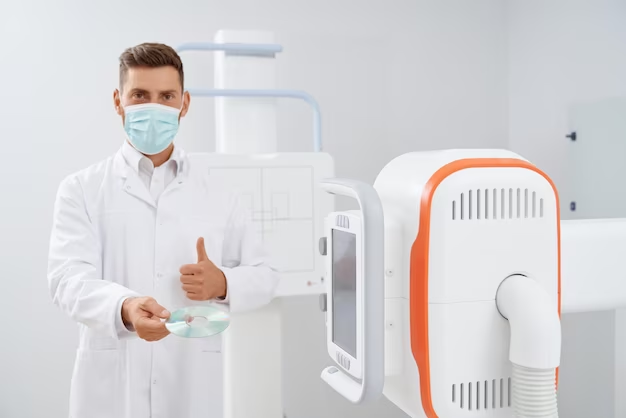Medical-Grade Air Purifier – What is its Importance in the Healthcare Sector?

Since we're so occupied in our lives these days, we often neglect to consider the quality of the air we breathe and our pleasant surroundings. Even though indoor air pollutants harm humans' well-being, this fact is often overlooked.
Right now, all of us are looking for ways to safeguard our families, companies, and ourselves from the deadly COVID-19. Will air purification protect us even though masks and social separation are essential for halting the forthcoming coronavirus's propagation?
This article aims to clarify the dangers of indoor airborne contaminants, stress the value of preserving optimal air quality in the house and hospitals, and examine the roles licensed medical-grade air purifiers and preventative actions play in safeguarding our health.
- It's compact and lightweight
An air purifier is adept at disguising in plain sight. It is not easily identifiable, in addition to being exceptionally effective at cleaning the air that circulates through it, pulling it in inadequately, and expelling purified air toward the top. Its modest size isn't a disadvantage either, as its simplistic style aids it in integrating within the surroundings.
- Eliminates the possibility of catching an airborne ailment
Infections of the nose and throat, such as the flu and the typical cold, are transmitted through close contact between individuals and the air. When somebody has one of these diseases, microscopic viruses may travel around in their immediate area and infect another member of the household. These infectious agents will be captured by HEPA filters, thereby lowering the possibility that a disease could propagate over an area.
- Minimize VOCs
Knowing what kind of purification devices can eliminate these kinds of volatile organic pollutants from the healthcare environment is crucial. Electrostatic air purifiers capture particulates, but dangerous gasses are not retained. HEPA air purification devices can eliminate all airborne particles larger than 0.2 microns; however, they cannot absorb hazardous gasses from the surroundings.
Medical facilities should implement stringent risk management procedures to lessen the amount of VOCs. The most excellent air purifiers are essential to maintaining a fresh and secure atmosphere.
Medical professionals should recognize the serious threats associated with indoor air pollution in the healthcare sector and take preventive measures to guarantee fresh indoor air to protect their patients and their safety. The hazards associated with polluted indoor air can be significantly reduced by using easy-to-implement yet practical steps, including frequent cleaning, sufficient ventilation, and the installation of a medical-grade air purifier.